
Mental health is getting worse on the Isle of Wight due to the Covid pandemic — with some people potentially missing out on services.
At a meeting of the Isle of Wight Council’s health and wellbeing board yesterday (Thursday), health bosses said the Island is following the national trend with more people seeking help for their mental wellbeing.
Dr Michele Legg, chair of the Isle of Wight Clinical Commissioning Group, said GPs and primary care providers are definitely seeing more people, with anxiety issues, in particular, both new and existing cases, and quite a lot of teenagers and people in their early 20s presenting with problems.
Dr Lesley Stevens, the Isle of Wight NHS Trust’s director of mental health and learning difficulties, said across mental health services, referrals are back to pre-Covid levels, with there being no question it was due to lockdown and socio-economic impacts of the pandemic.
She said:
“We are seeing an increase in the severity of illnesses being presented and an increase of referrals from children and young people linked to returning to schools.”
A significant spike was apparently seen immediately after children returned to school and are expected to continue — with particularly complex eating disorders coming through to the trust.
Feedback from service users, the trust said, was that they are struggling to access the services due to Covid restrictions and the anxiety surrounding it, causing some needs to go unmet.
However, Steve Crocker, the council’s director of children’s services, said different patterns were emerging of the children coming forward.
Children who had not previously struggled may now be struggling and those who struggled at school before may now not be, as the break from school may have helped their mental wellbeing.
Mr Crocker said:
“It is a complex picture, there is definitely an increase in concern and activity, highlighted now schools are back and there are more professionals on the ground who can make those referrals.”
Cllr Clare Mosdell, cabinet member for public health and adult social care, said the impact on the whole community’s mental health ciould not be underestimated.
She said:
“We need to highlight the impact this is having on older people. I fear at the end of all of this a lot of elderly people will have become agoraphobic.
“It is really hard for the older people who have had it drummed into them that they are vulnerable and they will die if they get this illness — the long term implications of this is absolutely huge.”
More than 5,400 people shielded on the Island during the initial lockdown phase, and anxiety needs were some of the most prevalent support issues noted by the council.
Ian Lloyd, strategic manager at the council, said:
“Shielders were subjected to many months being locked away, many of whom did not want to go into the community and it did have a big impact.
“We learnt keeping in touch [was important], for people to have regular contact and still feel part of the community and supported.
“There is a good network out there we just need to know where people need the support so we can match them to it.”

 Four Men Arrested Following Rogue Trader Activities In East Cowes
Four Men Arrested Following Rogue Trader Activities In East Cowes
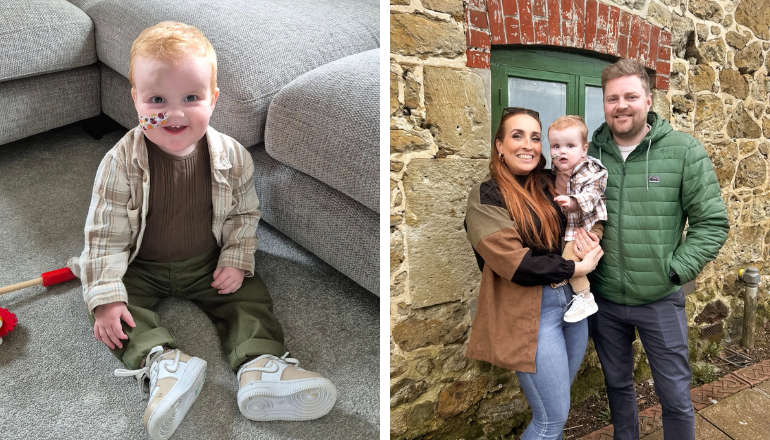 Rugby Players Set To Scale Great Heights For Teddy
Rugby Players Set To Scale Great Heights For Teddy
 Drug Driving, Domestic Abuse And Stalking Among Arrests Made As Police Target Isle Of Wight Criminals
Drug Driving, Domestic Abuse And Stalking Among Arrests Made As Police Target Isle Of Wight Criminals
 Work Begins On ‘Monumental’ Mural Project At Historic Columbine Building
Work Begins On ‘Monumental’ Mural Project At Historic Columbine Building
 More Acts Added To Isle Of Wight Festival Line-Up
More Acts Added To Isle Of Wight Festival Line-Up
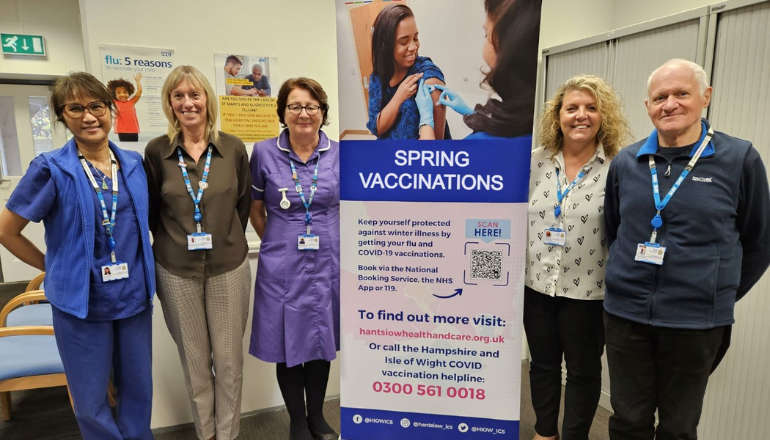 St Mary’s Vaccination Hub Gets Ready For Spring Covid-19 Vaccinations
St Mary’s Vaccination Hub Gets Ready For Spring Covid-19 Vaccinations
 Twenty Isle Of Wight Pubs Under Threat As Stonegate Issues Profit Warning
Twenty Isle Of Wight Pubs Under Threat As Stonegate Issues Profit Warning
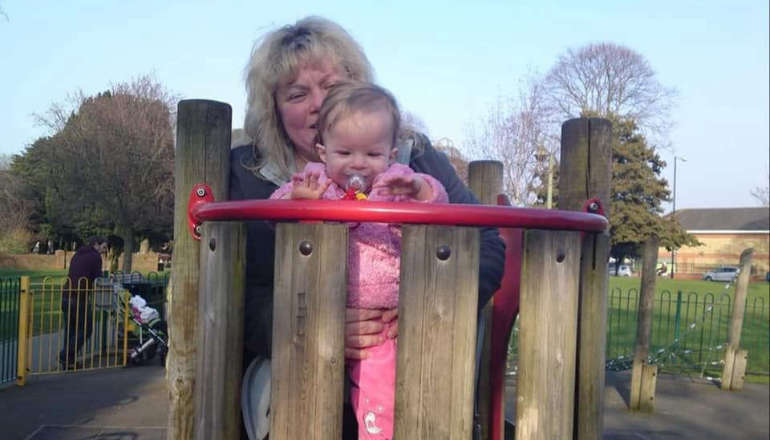 Fundraiser Launched As Kezi's Kindness Founder Diagnosed With Incurable Cancer
Fundraiser Launched As Kezi's Kindness Founder Diagnosed With Incurable Cancer
 Bon Voyage — White-Tailed Eagle Soars To France
Bon Voyage — White-Tailed Eagle Soars To France
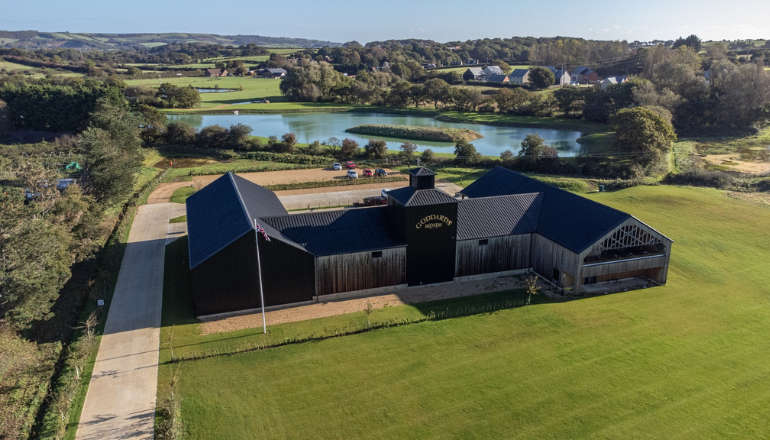 Goddards Brewery Scoops Four Top Industry Awards At International Competition
Goddards Brewery Scoops Four Top Industry Awards At International Competition
 Briddlesford Road Crash Results In Two Injured
Briddlesford Road Crash Results In Two Injured
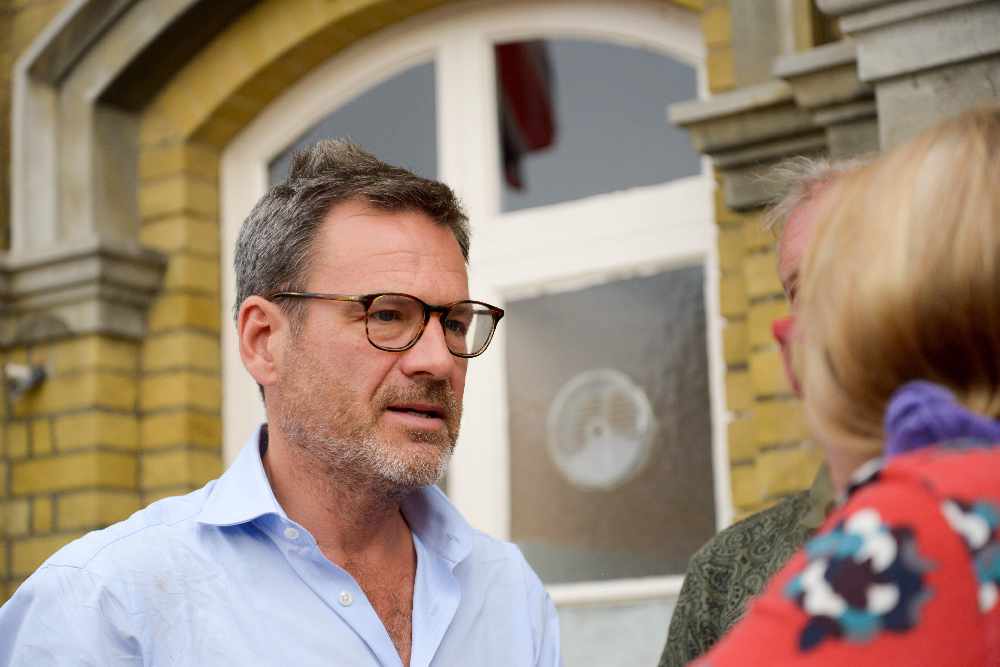 Isle Of Wight MP Extolls Virtues Of Joint Emergency Service Officers For Isle Of Wight
Isle Of Wight MP Extolls Virtues Of Joint Emergency Service Officers For Isle Of Wight
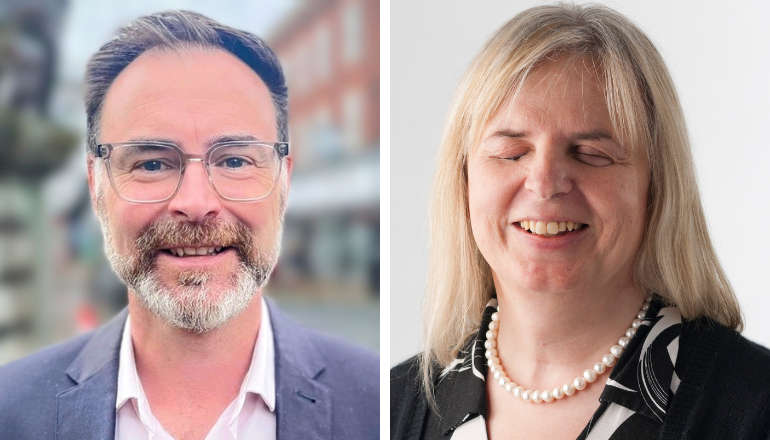 Island Labour Announces Parliamentary Candidates As Quigley Vows To 'Take Fight' To Bob Seely
Island Labour Announces Parliamentary Candidates As Quigley Vows To 'Take Fight' To Bob Seely
 Can You Help Police To Identify Man Linked To Waitrose Theft?
Can You Help Police To Identify Man Linked To Waitrose Theft?
 Ryde Town Council In Crackdown On Dog Fouling
Ryde Town Council In Crackdown On Dog Fouling
 Former Patient Opens New Intensive Care Unit
Former Patient Opens New Intensive Care Unit
 Isle Of Wight Primary School Place Allocations Announced For September
Isle Of Wight Primary School Place Allocations Announced For September
 The Rules Islanders Need To Know For Police And Crime Commissioner Election Postal Voting
The Rules Islanders Need To Know For Police And Crime Commissioner Election Postal Voting
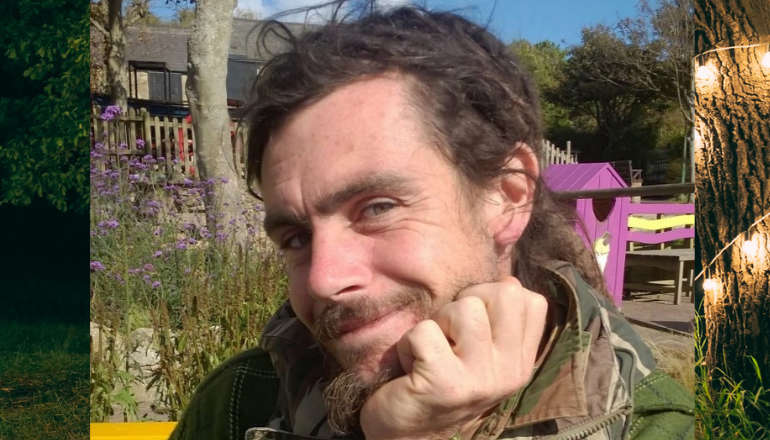 Family Pays Tribute To Paul Hart Following Fatal Newport Collision
Family Pays Tribute To Paul Hart Following Fatal Newport Collision
 Teenager Sentenced For Planning Isle Of Wight Festival Terrorist Attack
Teenager Sentenced For Planning Isle Of Wight Festival Terrorist Attack


